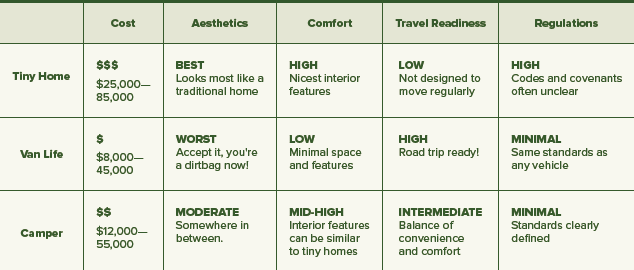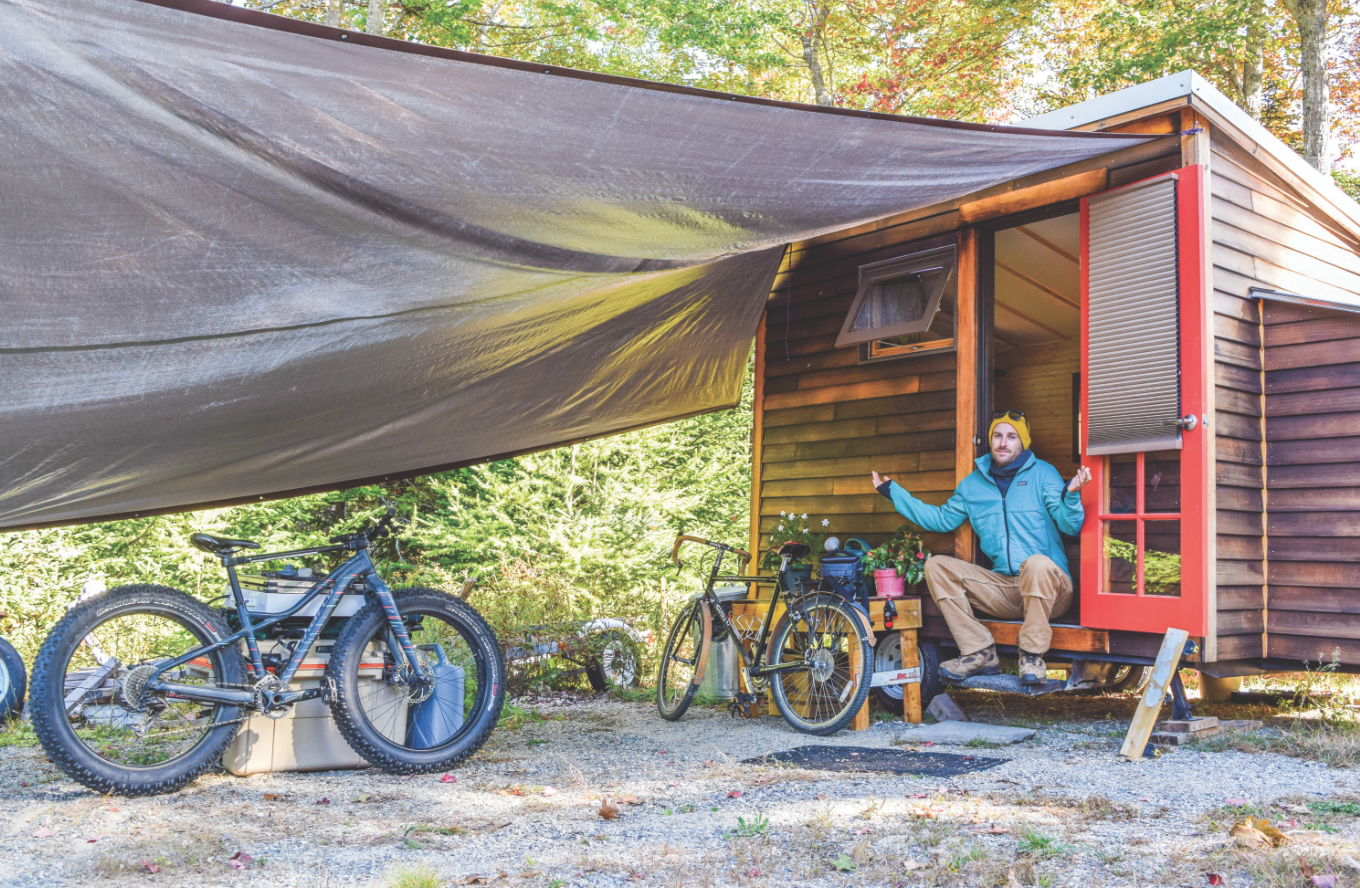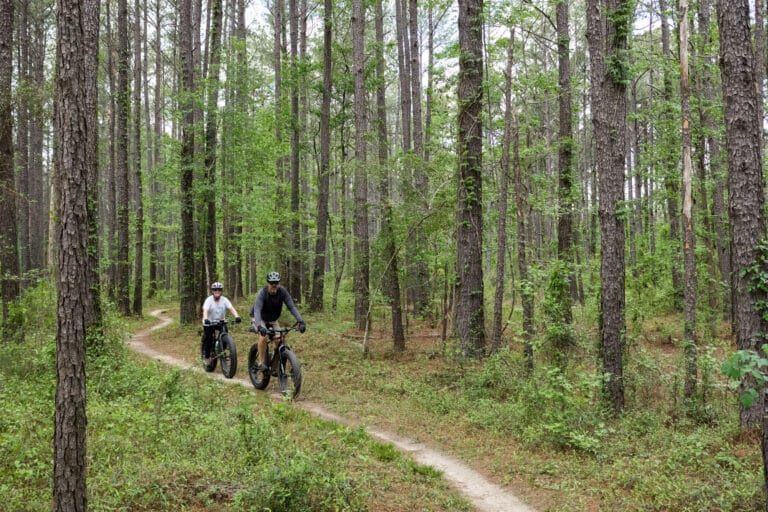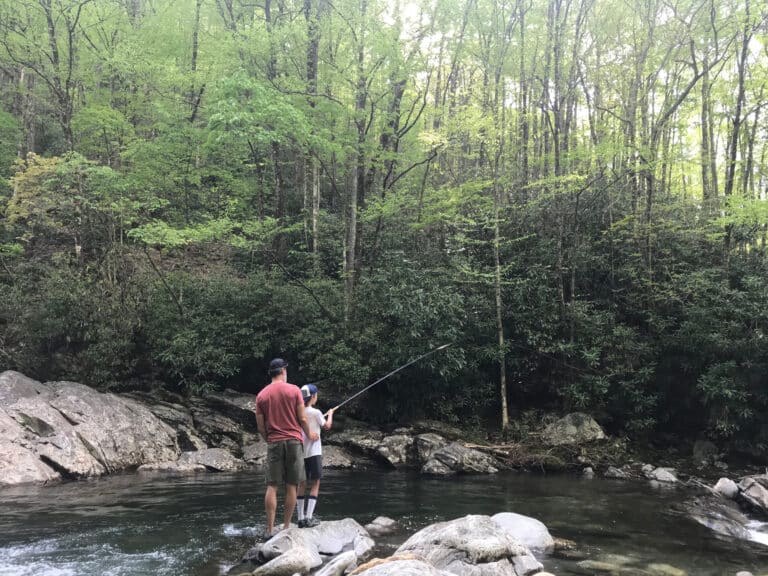Wanderlust is shared by young dreamers and wise souls alike longing for simplicity and freedom. Whether you blame social media, millennials, HGTV, or the growing financial burdens of owning a home, mobile living is a growing movement. Here are the details to decide whether a tiny home, RV, or van is the right fit for you.
Aesthetics
A tiny house offers more traditional features like roof shingles, kitchen counters, sink, and a bathroom—and perhaps most important, wall insulation. “Campers and vans just aren’t designed to handle cold temperatures well,” says tiny home dweller and kayaking guide Fletcher Reed. Vans typically give more of a dirtbag vibe. Regardless of the custom interior work (which can be really nice), it’s still hard to escape that ‘living in a van down by the river’ mentality.
Travel Readiness
This is where van life truly shines. Kate Tierney, who has been living in her van for over a year in classic climbing destinations like the New River Gorge, describes van life as “the freedom to go where I want, when I want.” With a van, you will have the most options when deciding where to park your home for the night, whether it be a campground, parking lot, or stealth camping on a neighborhood street. They are also the most capable when it comes to handling gravel, accessing trailheads, or maneuvering tight, curvy mountain roads. With a camper, or tiny home, there are tanks that need to be emptied, leveling stabilizers that need to be raised, and hitch connections established.
Cost
Generally speaking, a van will be the most affordable option, with many people converting cheap, high-mileage classics for less than $10,000. Tierney was able to purchase her van for only $5,500, adding less than $1,000 in additional upgrades (with the help of a carpenter friend) to create a home she would live in for more than a year. Campers and RVs will be next in affordability, with tiny homes requiring the largest investment.
Comfort
While van life gets you easily from place to place, it also forces you to sacrifice the most in regards to comfort. That sacrifice might be worth it, though, especially if your passion is your main focus. Corey Lilly, who lived in a van for over two years while chasing clean lines down snow and whitewater, felt that van life is “totally worth it if you have a passion for something. Otherwise it’s just kind of sad.”
Regulations
Tiny home regulations and ordinances are often a gray area. Many localities still have strict zoning and construction laws in place, like minimum square footage requirements, and accessory dwelling unit classifications, that may prohibit you from simply parking your tiny home on a nice piece of land. Whether typical building code standards affecting loft heights, stairs, and electrical outlets should also apply to tiny homes is a frequently contested topic. As tiny living becomes more popular, it is likely that many of these codes will be adjusted. Until then, however, it would be smart to research the codes in the area you plan to put your home.








